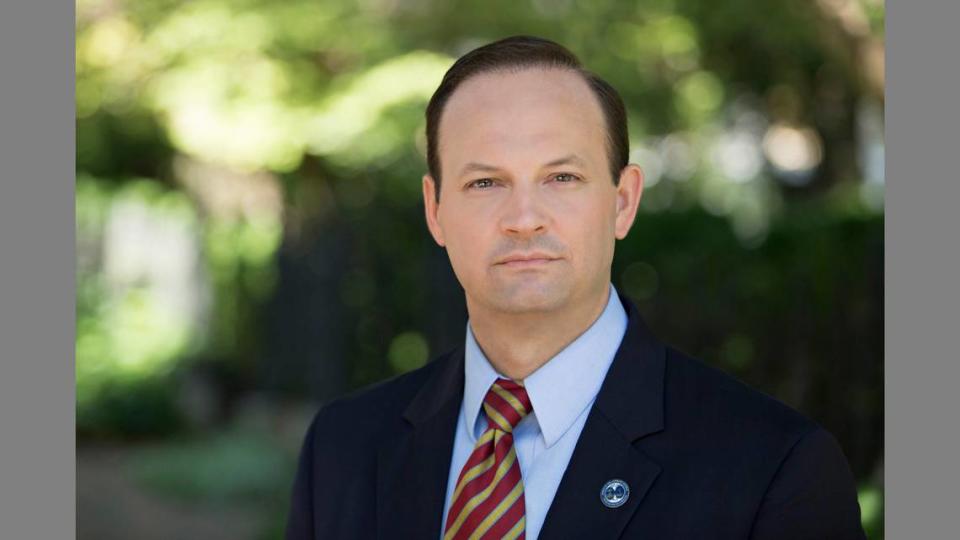SC attorney general sues chemical manufacturers over ‘forever chemical’ pollution
Attorney General Alan Wilson sued some of the country’s largest manufacturers and distributors of toxic forever chemicals Monday, alleging that the companies “knowingly’’ contaminated natural resources and drinking water with toxins now being found across the state and nation.
Wilson, a Republican, isn’t known for his stances on environmental protection, tending to support industries upset about environmental regulations. But concerns about the chemicals, called per and polyfluoroalkyl substances or PFAS, produced strong statements in the lawsuit about the damage the chemicals are doing to South Carolina.
The lawsuit seeks damages from 3M and DuPont, companies that manufactured and distributed forever chemicals for decades. The chemicals have been used since the 1940s to keep clothing waterproof, prevent stains in carpet and to fight fires. They have been widely used, but are now being tied to multiple health effects, including certain types of cancer.
“I’m a firm believer in the free market, but when companies knowingly violate the law and harm South Carolinians in the process, there deserves to be consequences,’’ Wilson said in a news release. “By filing this suit, we’re fighting to protect our valuable natural resources and keep South Carolinians safe.’’
Wilson recently hired former state Sen. Vincent Sheheen, a Democratic attorney from Camden, to help his office with forever chemical lawsuits involving national manufacturers DuPont and 3M.
Sheheen has previously filed suit against 3M and DuPont on behalf of a Darlington County couple whose well was polluted with the chemicals. The couple, like others with polluted wells, live in an area where a textile plant’s industrial waste was spread on farm fields for parts of 20 years for use as a low-cost fertilizer, The State reported in an investigative series last month. The sewer sludge contained PFAS.
Nationally, 3M and DuPont recently have reached multi-billion dollar settlements with attorneys representing government drinking water systems. Many utilities, including dozens in South Carolina, are finding PFAS in the water they treat for customers.
While it remains unclear which cities will receive part of the more than $11 billion in settlement money, the Wilson case focuses on natural resource damages from forever chemicals, said lawyers familiar with the case.
Virtually every river tested by the S.C. Department of Health and Environmental Control has shown some level of forever chemical pollution. The agency also has tested fish, but so far, has not released any data.
The suit was filed in state court in Richland County.
“Despite knowing for decades that PFAS chemicals are toxic, defendants have misled the public and government regulators by consistently and publicly denying that their PFAS products presented any harm to human health or the environment,’’ the suit says.
“By purposefully sending toxic chemicals into South Carolina while misleading the public and commercial and industrial users about their properties and known risks, the defendants have caused widespread contamination and injuries to state natural resources. (PFAS chemicals) contaminate South Carolina’s drinking water, groundwater, surface water, wildlife, soil, and sediment.”



